 Jonesboro Islamic Center
Jonesboro Islamic Center
Entry Type: Place
 Jonesboro Islamic Center
Jonesboro Islamic Center
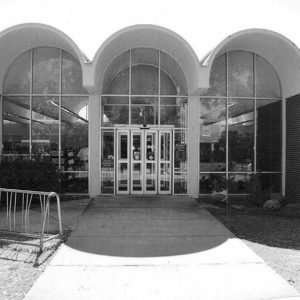 Jonesboro Library Entrance
Jonesboro Library Entrance
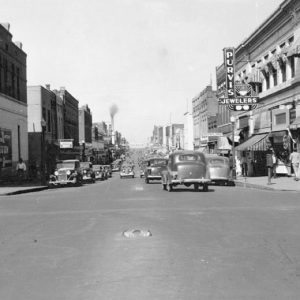 Jonesboro Main Street
Jonesboro Main Street
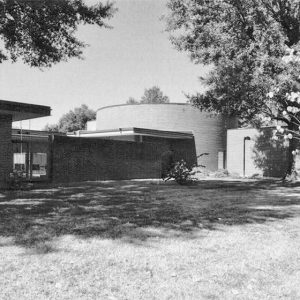 Jonesboro Public Library Grounds
Jonesboro Public Library Grounds
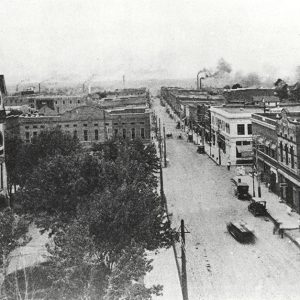 Jonesboro Street Scene
Jonesboro Street Scene
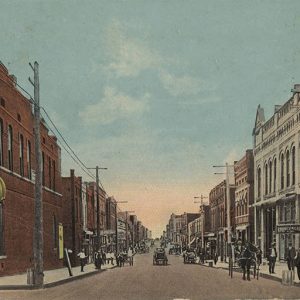 Jonesboro Street Scene
Jonesboro Street Scene
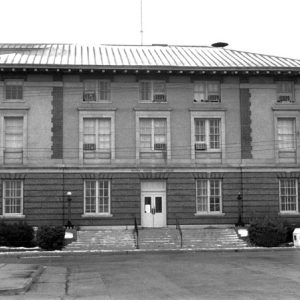 Jonesboro U.S. Courthouse
Jonesboro U.S. Courthouse
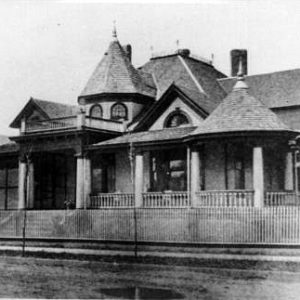 Lena Jordan Hospital
Lena Jordan Hospital
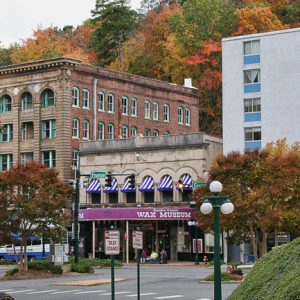 Josephine Tussaud Wax Museum
Josephine Tussaud Wax Museum
 Joy Pratt Markham Gallery
Joy Pratt Markham Gallery
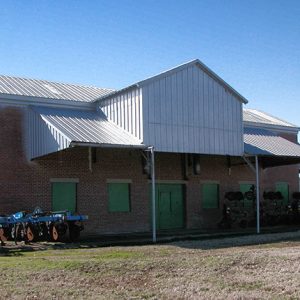 Judd Hill Cotton Gin
Judd Hill Cotton Gin
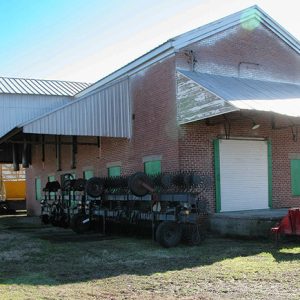 Judd Hill Cotton Gin
Judd Hill Cotton Gin
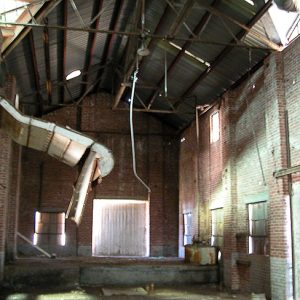 Judd Hill Cotton Gin
Judd Hill Cotton Gin
Judd Hill Plantation
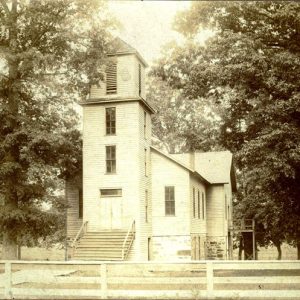 Judson University
Judson University
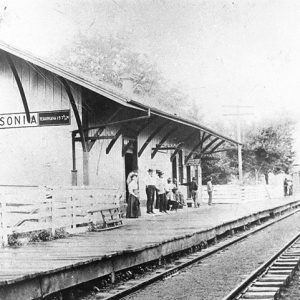 Judsonia Depot
Judsonia Depot
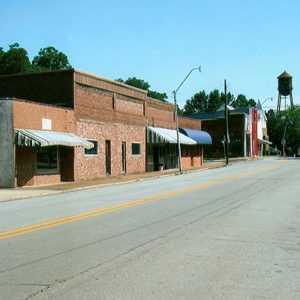 Judsonia Main Street
Judsonia Main Street
Judsonia (White County)
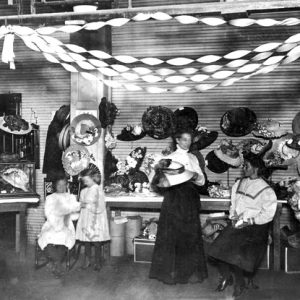 Judsonia Hat Shop
Judsonia Hat Shop
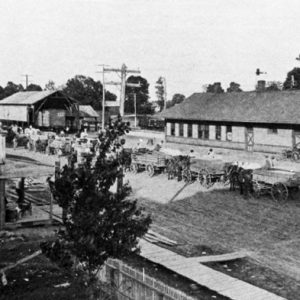 Judsonia Strawberry Wagons
Judsonia Strawberry Wagons
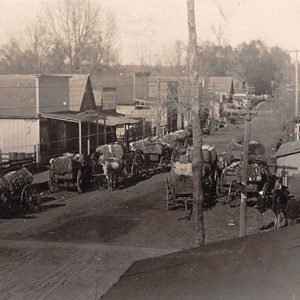 Judsonia Street Scene
Judsonia Street Scene
Junction City (Union County)
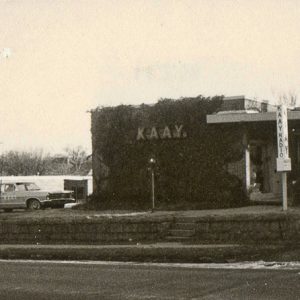 KAAY 7th Street Studio
KAAY 7th Street Studio
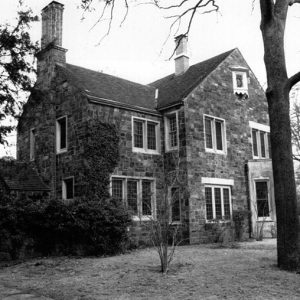 Kahn-Jennings House
Kahn-Jennings House
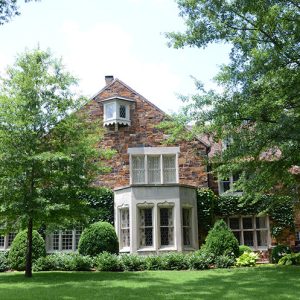 Kahn-Jennings House
Kahn-Jennings House
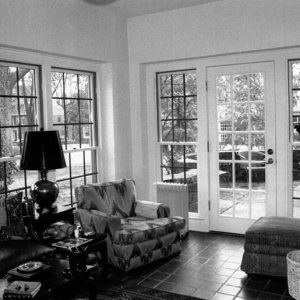 Kahn-Jennings House Interior
Kahn-Jennings House Interior
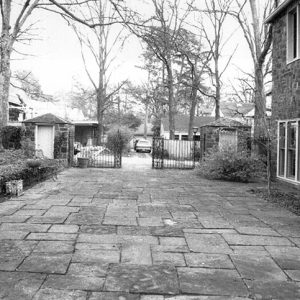 Kahn-Jennings House Patio
Kahn-Jennings House Patio
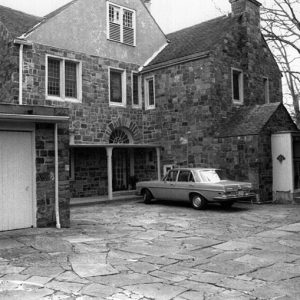 Kahn-Jennings House Rear View
Kahn-Jennings House Rear View
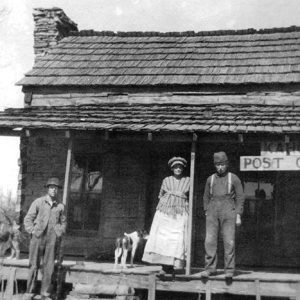 Kahoka Post Office
Kahoka Post Office
Kahoka (Stone County)
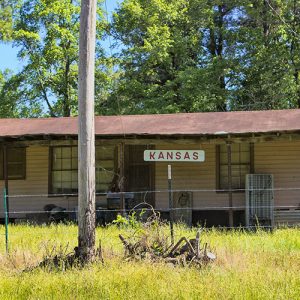 Kansas
Kansas
Kansas (Clark County)
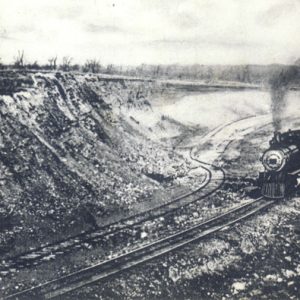 KCS Railway near Gravette
KCS Railway near Gravette
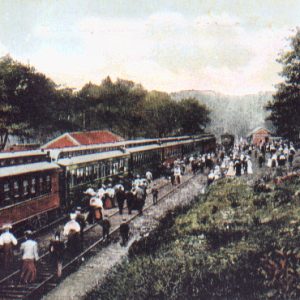 Kansas City Southern Railway
Kansas City Southern Railway
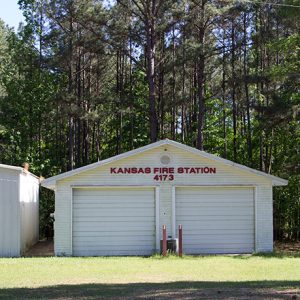 Kansas Fire Dept.
Kansas Fire Dept.
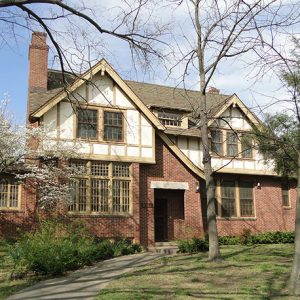 Kays House
Kays House
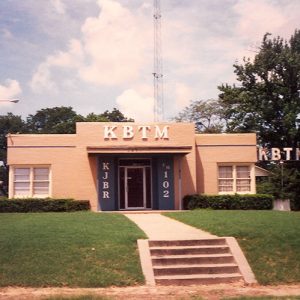 KBTM Building
KBTM Building
Keiser (Mississippi County)
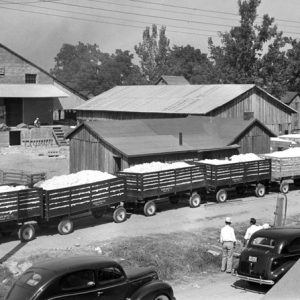 Kaiser Gin
Kaiser Gin
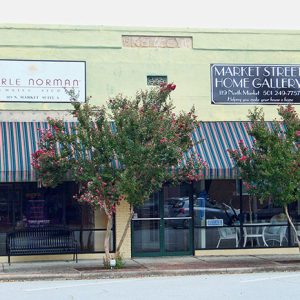 Kelley Building
Kelley Building
 Kelley’s Grill
Kelley’s Grill
Kelso (Desha County)
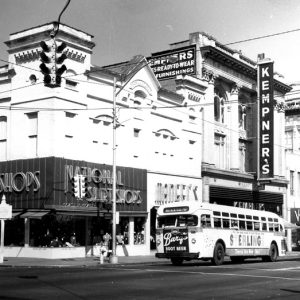 Kempner's
Kempner's
Kenda Drive-In
Kensett (White County)
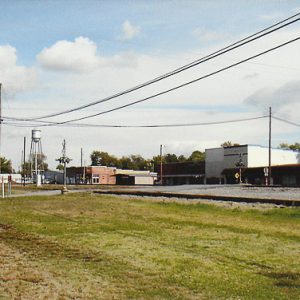 Kensett Street Scene
Kensett Street Scene
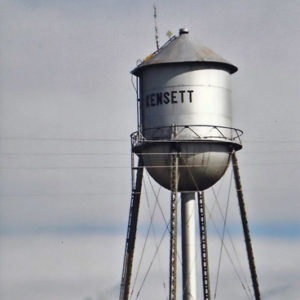 Kensett Water Tower
Kensett Water Tower
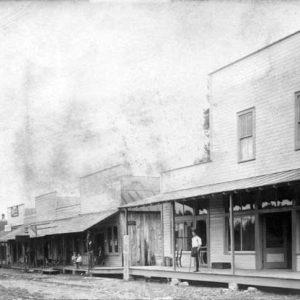 Kensett Street Scene
Kensett Street Scene




